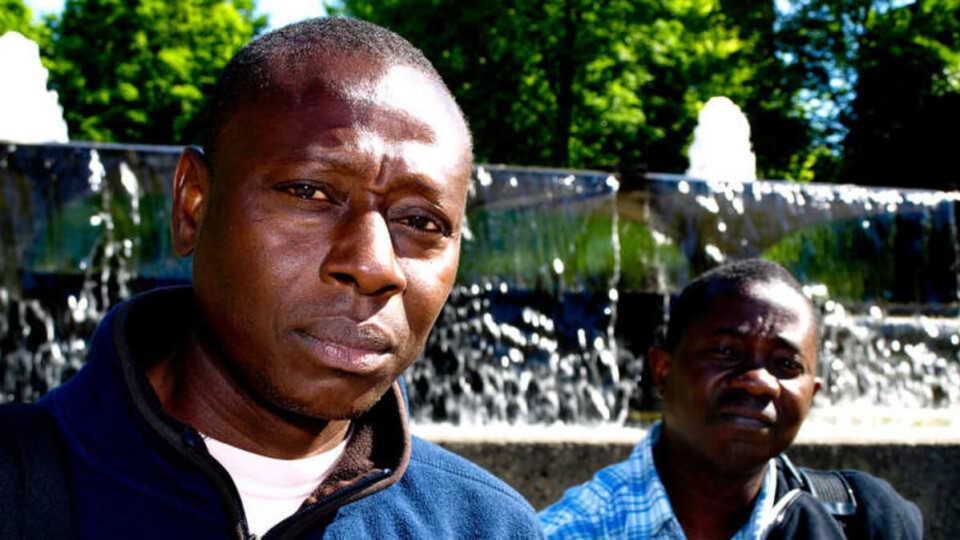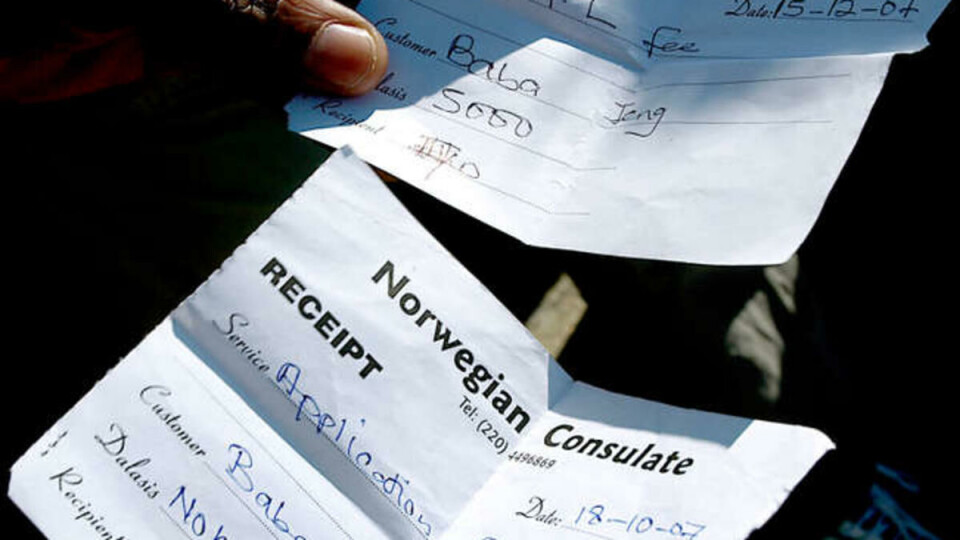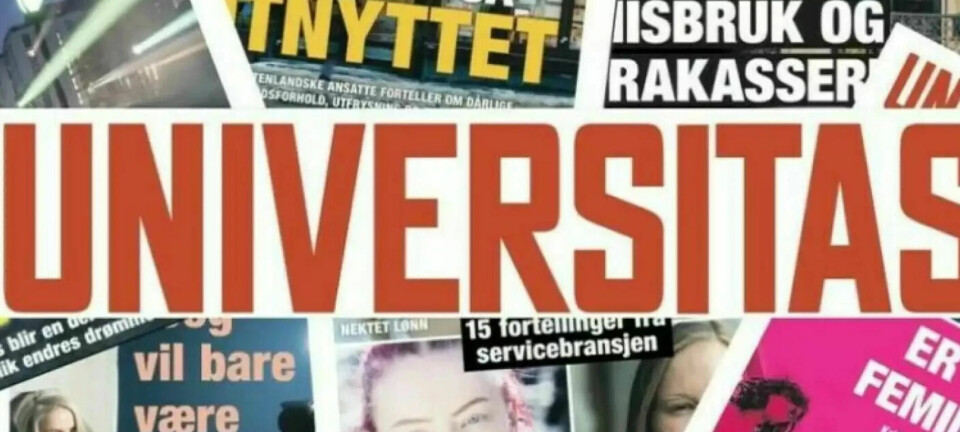
Accused of corruption
Norwegian consulates and embassies can in practice decide the price they want to demand for study applications. This can lead to stiff prices for international students who want to study in Norway.

In order to study in Norway, students from non-EU and EEC countries must go through an extensive application process. The fee for processing a study application is currently 1100 kroner – a sum set by the Immigration Regulations, according to the Norwegian Directorate of Immigration (UDI). At the same time, UDI leaves it to the various consulates and embassies to administer the applications, and they are also authorized to set other administrative costs.
This opens up for different practices, if we are to believe Gambian student Mamady Cham. He got a surprise when he was applying for a Norwegian study permit. At the Norwegian Consulate in Gambia, he had to pay a much larger sum than the fee set by UDI.
– When I applied for the first time in 2005, I had to pay 2200 kroner. This is a lot more than the 800 kroner that UDI had as a set fee at that time, says a frustrated Cham.
– I am sure that all this money does not go to processing applications and covering administrative costs, Cham says.
– Do you believe that this is a form of corruption?
– Yes, you could call it that, he says.
Took three months
In addition to this money, Cham had to pay 1400 kroner in order to have his applications sent by courier mail to the Norwegian Embassy in Côte d'Ivoire, where Gambian applications are processed. After a positive response to his application, Cham had to send his passport – also by plane.
– That cost me almost 3000 kroner, sighs Cham.
Cham, a medical PhD student, is not alone in experiencing sky-high prices on study permit applications at the consulate in Gambia. Medical student Baba Jeng had to apply for a renewed residence permit after visiting his homeland in order to do field work. He was shocked by the prices at the consulate in Banjul.
– They told me that I had to pay 14 000 dalasis (equivalent to 3700 kroner by current exchange rates). This was in addition to 500 dalasis (167 kroner) just to get the application processed, says Jeng, and shows receipts that confirm the amount.
– I showed them a copy of the Immigration Regulations, which states that applicants should pay a fee of 1100 kroner. They did not care about this, and said that I had to pay the amount that they had set, or I could forget about getting my application processed, says Jeng.
On top of this, Jeng had to send out another 1600 kroner two months later, in order to cover transport fees for the applications being flown between Banjul and Abidjan.
– It took almost three months before my application was finally treated, and it cost me 4834 kroner in total. The long processing period resulted in my not catching the flight that I had booked back to Norway. Luckily the university was very understanding, and they paid for a new plane ticket, Jeng says.
– Not good
Guri Vestad, Head of the International Education Office (SIS) at UiO, says that she is aware that administrative costs, especially air transport of letters, are expensive.
– We know that it is costly to send letters by courier mail, but if the prices operated with in this case are real, then it does not sound good, says Vestad.
At the Norwegian Consulate in Gambia, Universitas is referred to Consul Nils Robert Hardmark. He is currently on holiday in Scandinavia without his mobile phone. Universitas was not successful in getting a statement from the Norwegian Embassy in Côte d'Ivoire, UDI or the Ministry of Foreign Affairs.
Back in Norway, Cham and Jeng are exasperated.
– We have no choice other than to pay the fees that we are told to pay at the consulate. We just want to study, they say.

































